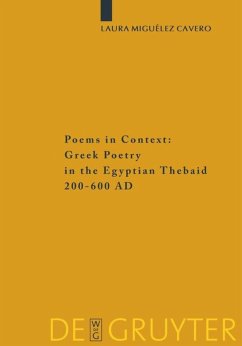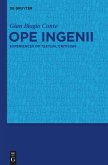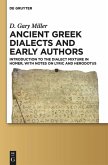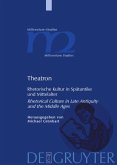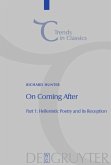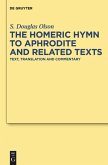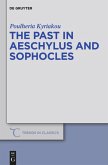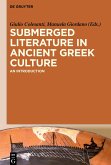Examining carefully the Egyptian epic hexameter production from the 3rd to the 6th centuries AD, especially that of the southern region (Thebaid), this study provides an image of three centuries in the history of the Graeco-Egyptian literature, in which authors and poetry are related directly to the social-economic, cultural and literary contexts from which they come. The training they could get and the books and authors they came in touch with explain that we know so many names and works, written in a language and metrics that enjoyed the greatest esteem, being considered proofs of the highest culture. Laura Miguélez Cavero demonstrates that the traditional image of a "school of Nonnos" is not justified rather, Triphiodorus, Nonnus, Musaeus, Colluthus, Cyrus of Panopolis and Christodorus of Coptos are just the tip of a literary iceberg we know only to some extent through the texts that papyri offer us.
"Summing up, though, and apart from such considerations, this book constitutes all in all an excellent piece of research offering a wide status quaestionis and a lively picture of Greek Literature in the Late Roman Empire and its cultural, historical, social, and literary milieu." -- David Hernandez de la Fuente in: Bryn Mawr Classical Review 2010.03.47
"Par la richesse de son information et la justesse de ses vues, le beau travail de Laura Miguélez est d'ores et déjà une référence indispensable pour les papyrologues, les philologues et les historiens."
Jean Lenaerts in: Chronique d'Egypte Editions de l'Association 2011
"Summing up, though, and apart from such considerations, this book constitutes all in all an excellent piece of research offering a wide status quaestionis and a lively picture of Greek Literature in the Late Roman Empire and its cultural, historical, social, and literary milieu."
David Hernandez de la Fuente in: Bryn Mawr Classical Review 2010.03.47
Jean Lenaerts in: Chronique d'Egypte Editions de l'Association 2011
"Summing up, though, and apart from such considerations, this book constitutes all in all an excellent piece of research offering a wide status quaestionis and a lively picture of Greek Literature in the Late Roman Empire and its cultural, historical, social, and literary milieu."
David Hernandez de la Fuente in: Bryn Mawr Classical Review 2010.03.47

